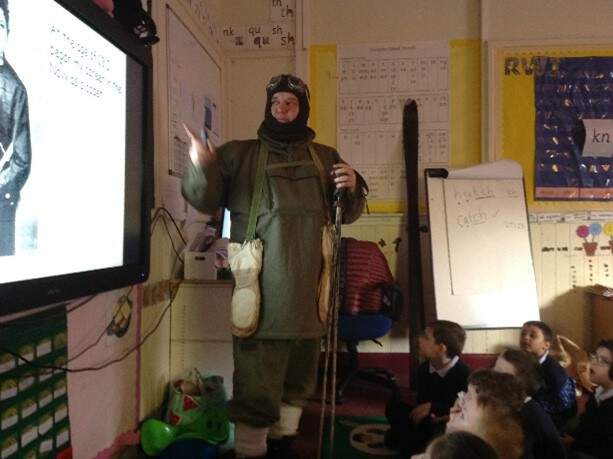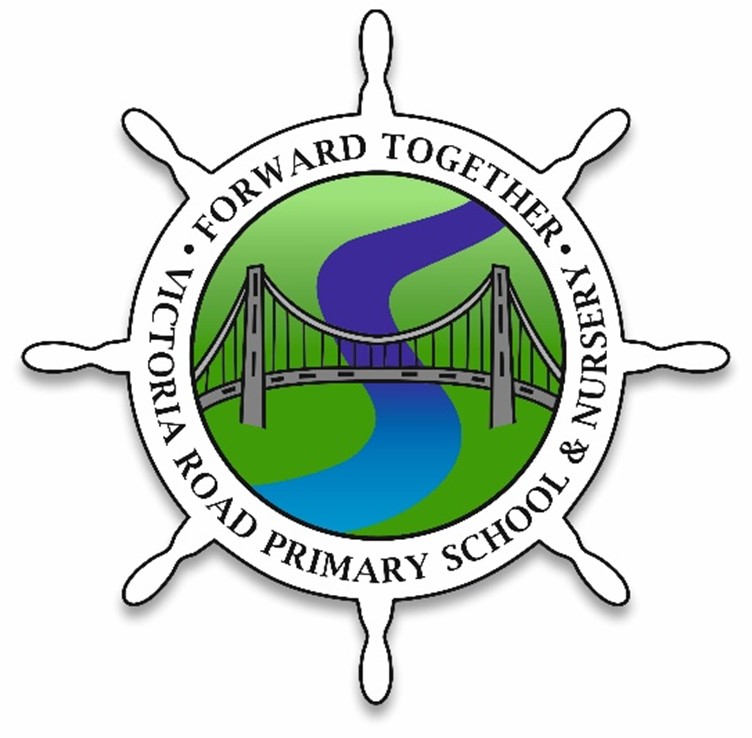History
Principles of the History Curriculum
Intent – why do we teach what we teach?
The United Curriculum for History provides all children, regardless of their background, with:
- Coherent and chronological substantive knowledge of the history of the Britain and the wider world, selected to build pupils’ understanding of three vertical concepts. These vertical concepts provide both a concrete lens through which to study and contextualise history, as well as use small steps to help pupils gain a deep understanding of complex, abstract ideas:
- Quest for knowledge-How do people understand the world around them? What is believed; what is known; what scientific and technological developments are made at the time? How is knowledge stored and shared? What shapes people’s views about the world?
-
- Power, empire and democracy-Who holds power, and what does this mean for different people in the civilisations? How is power wielded and legitimised? How are people’s rights different in different historical contexts?
-
- Community and family-What is life like for different people – men, women and children – in different societies? How are these societies structured? How are family and community roles and relationships different in different historical contexts?
- Opportunities for all pupils to see themselves reflected in the curriculum, but also to be taken beyond their own experiences. The history curriculum teaches pupils about civilisations from across the world, and always incorporates the experiences – positive and negative – of ethnic minorities in the history of Britain.
- Grounding in core disciplinary and procedural knowledge, and the ability to approach challenging, historically-valid questions, giving pupils the ability for pupils to learn how to think, read and write like a historian.
- An excitement for history, which inspires a curiosity to learn more about the past.

Concepts in History
Our History Curriculum is routed in key concepts which are displayed below.
Concepts in History
Our History Curriculum is routed in key concepts which are displayed below.


![]()
Curriculum Road Map Spring to Summer 2024 (see class pages for Autumn Term information)

Curriculum Road Map 2024-25
Curriculum Overview Grid 2024 – 2025 Academic year

Implementation: What do we teach and when?
The implementation of the United Curriculum for History reflects our broader teaching and learning principles.
For History in particular:
Content is always carefully situated within existing schemas. Every unit always begins with the chronological and geographical contexts, so that pupils can situate new knowledge in their broader understanding of people and places in the past.
Vertical concepts are used within lessons to connect learning about one civilisation to another. For example, when learning about Ancient Maya step-pyramids, pupils will review the stone structures of Stonehenge, Egyptian pyramids and Greek temples.
Opportunities for extended, scholarly writing appear throughout the curriculum. These have a clear purpose and audience and, crucially, allow pupils to write as a historian. For example, after considering the subjective nature of historical significance, pupils write to the head teacher to explain why they think it is important for all subsequent Year 4 classes to learn about the Early Islamic Civilisation.
Impact: How children show that they know and remember more?
The careful sequencing of the curriculum – and how concepts are gradually built over time – is the progression model. If pupils are keeping up with the curriculum, they are making progress. Formative assessment is prioritised and is focused on whether pupils are keeping up with the curriculum.
In general, this is done through:
- Questioning in lessons. Teachers check understanding so they can fill gaps and address misconceptions as required.
- Pupil conferencing with books. Subject leads and SLT talk to pupils about what they have learnt – both substantive and disciplinary knowledge – and how this connects to the vertical concepts that they have been developing in previous years and other subjects. For example, pupils in year 4 may be asked to talk about how Ancient Maya city-states were similar and different to Ancient Greek city-states, and how their belief systems compared with those of other civilisations.
- Post-learning quizzes at the end of each unit. These give teachers an understanding of the knowledge that pupils can recall at the end of the unit, and can be used to identify any remaining gaps to be filled. These are generally simple recall questions, such as key features of belief systems in prehistoric Britain, or some of the reasons why people, places and events may be seen as significant.
- Pre-learning quizzes at the start of each unit. These assess pupils’ understanding of the prior knowledge that is required to access the new content in the unit. These are used to identify gaps to be filled prior to teaching the new unit. For example, in a unit about the Roman Empire, pupils need to recall knowledge about the Ancient Greek gods and apply this to new knowledge about religion in Rome. This knowledge is assessed in the Pre-Learning Quiz, and teachers can plan to fill any identified gaps.



